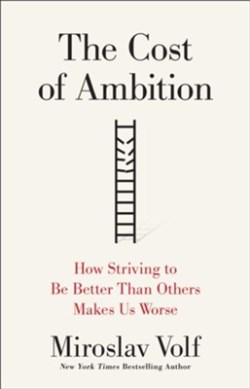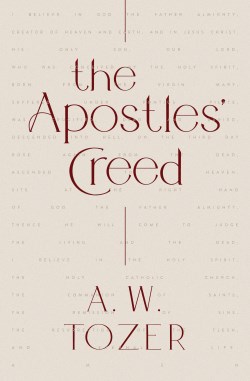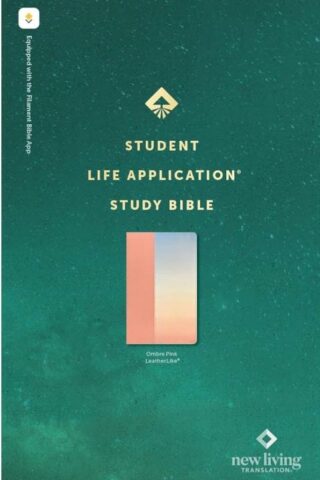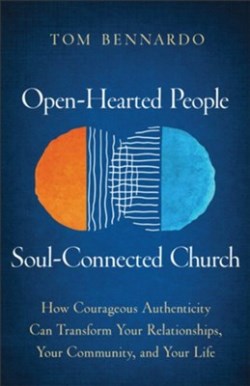Miroslav Volf
Showing the single result
-
Cost Of Ambition
$19.97Many people believe that ambition–striving to be better than others–improves us and advances society. But what if it actually makes us worse?
In The Cost of Ambition, world-renowned theologian and award-winning author Miroslav Volf argues that striving for superiority has negative consequences in all domains of life. Instead, we should strive for excellence. Volf explores:
*what Sren Kierkegaard, John Milton, and the apostle Paul say about the cost of ambition
*how we can achieve excellence rather than strive for superiority
*how to stop being plagued by our own sense of inferiority to others
*why Christians must retrieve a humbler way of lifeVolf also examines what the teachings of Jesus and the stories in Genesis say on the matter. Volf explains how striving to be better than others devalues our achievements, surroundings, and relationships by turning them into mere means to an empty goal. This pursuit, though widely accepted in modern life, is at odds with key Christian convictions.
After exposing the toxicity of ambition, Volf uses contemporary examples to guide us toward striving for excellence.
Add to cart1 in stock






